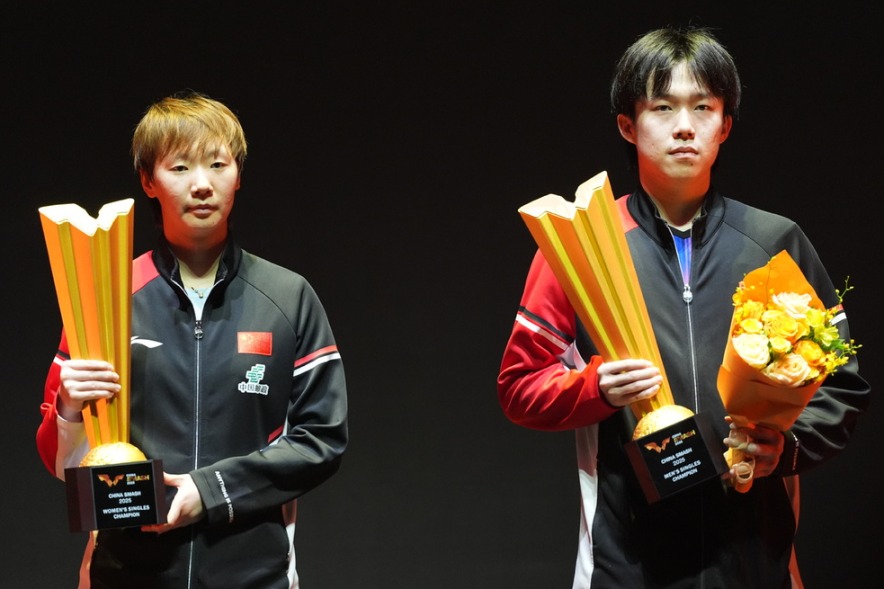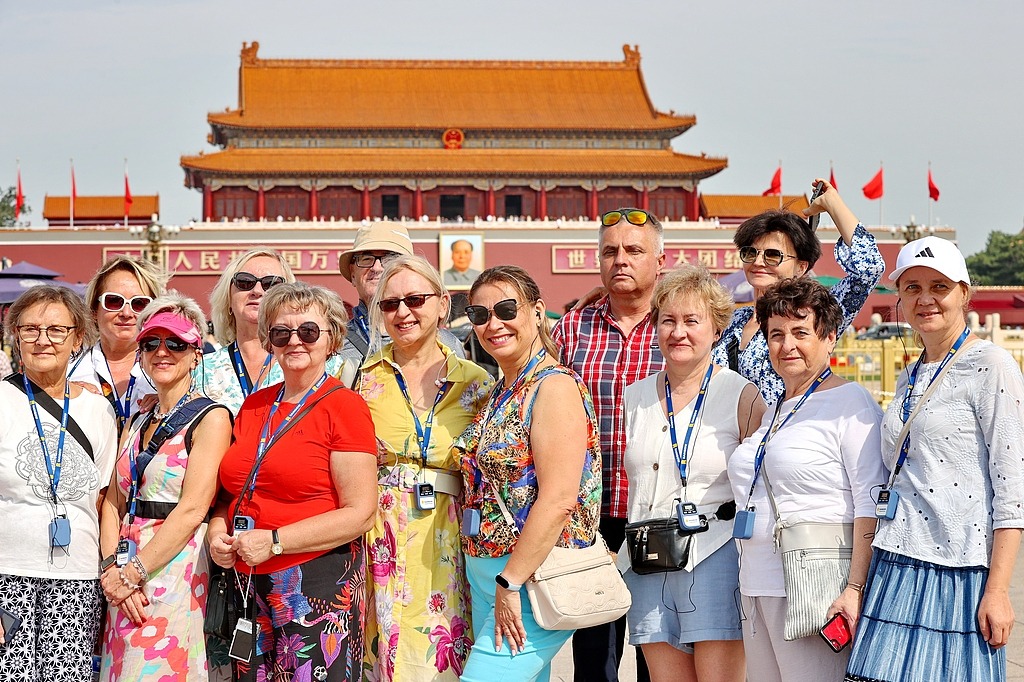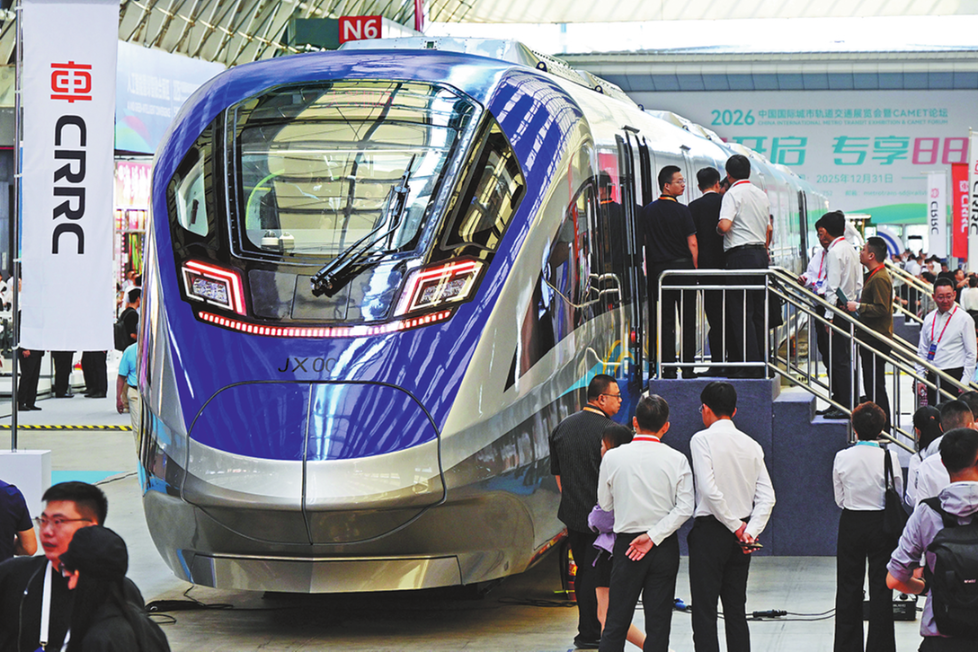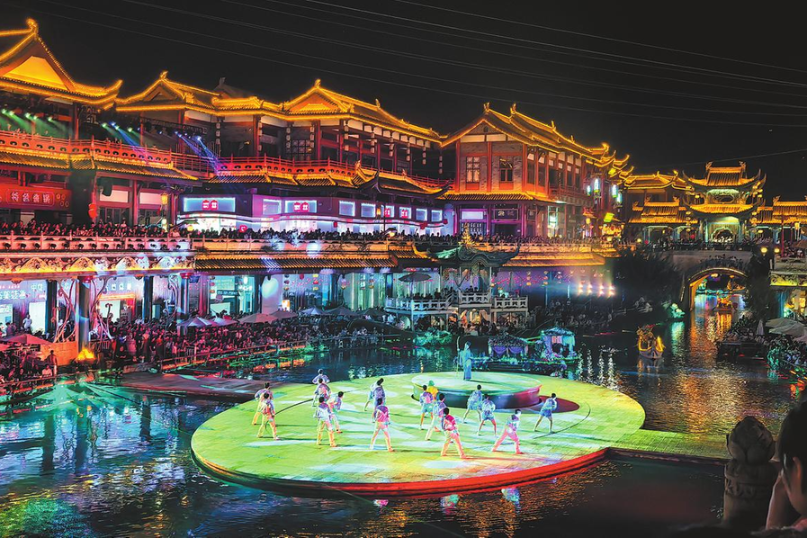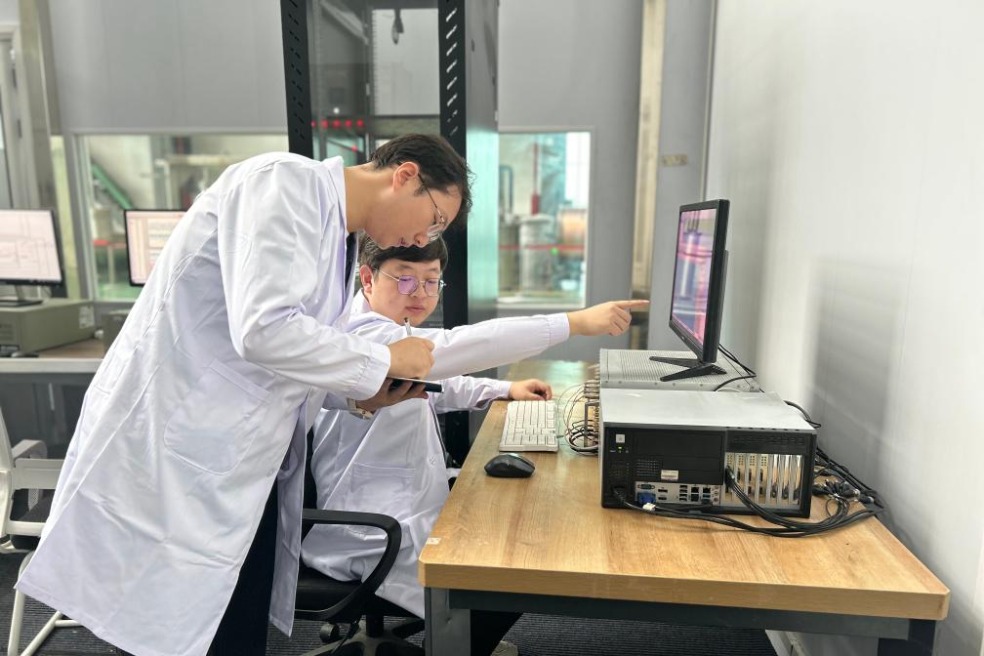Embracing TCM roots while expanding portfolio

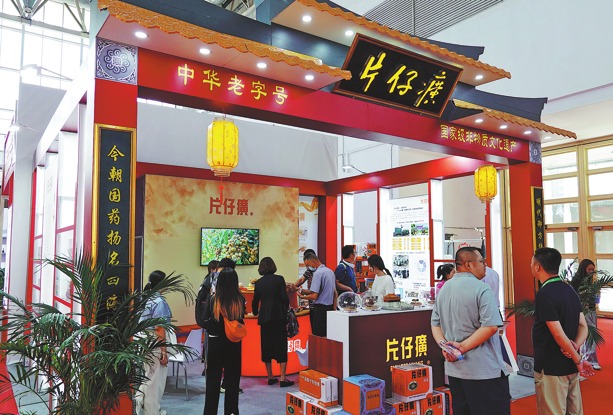
Zhangzhou Pien Tze Huang Pharmaceutical Co Ltd, a time-honored company that produces one of China's most renowned herbal formulas, has continued to diversify its product portfolio and expand its business scope.
The company, based in Zhangzhou, Fujian province, has developed a range of cosmetics and daily chemical products — including toothpaste, face cream and facial masks — in addition to proprietary Chinese medicines centered on Pien Tze Huang as the core ingredient.
Originating from an imperial secret recipe of the Ming Dynasty, Pien Tze Huang has been listed as one of the national protected varieties of traditional Chinese medicines.
The company has continuously increased its research and development investment and enriched its product range in response to market demand. It has also accelerated the R&D of new products, including innovative traditional Chinese medicines and chemical medicines, using new technologies to empower the enterprise's high-quality development.
In terms of upgrading its product matrix, the company has continued to align with the concept of integrating traditional Chinese medicines into daily life. It has launched health-preserving beverages, skin-rejuvenating beauty products and other items popular among young consumers, said Lu Xiaoying, director of marketing planning at Zhangzhou Pien Tze Huang Pharmaceutical Co Ltd.
"As the landscape of new retail evolves, we are also committed to revitalizing this time-honored brand, reaching young consumer groups more effectively, and enabling them to gain a deeper understanding of the stories behind the brand," Lu said.
"We have launched interactive initiatives on platforms such as Douyin, RedNote and Bilibili, using anime interpretations and engaging popular science content to attract more young consumers and even children, helping them learn about Pien Tze Huang's meaning and efficacy from an early age," she added.
The company aims to expand its reach to more Generation Z consumers (those born from the mid-1990s to the early 2000s) and facilitate the integration of traditional Chinese medicine with modern health concepts.
At the Pien Tze Huang Museum in Zhangzhou, visitors can explore the history and manufacturing process of this time-honored herbal formula. The museum draws a diverse range of visitors, including students, academics and executive learners from top business schools. By engaging with more people through such experiences, the brand can further build trust and spark greater consumer interest, the company said.
In the past few years, the company has hired more than 200 renowned doctors at its clinics nationwide. In the first six months, the clinics received a total of 62,602 visits of patients, up 20.25 percent year-on-year, it said.
The Shanghai listed-company has achieved a robust business performance. In the first half of this year, it netted sales revenues of 5.38 billion yuan ($756.19 million) and net profit of 1.44 billion yuan, according to the company's earnings report.
Meanwhile, the company has continued to expand the Pien Tze Huang brand's business presence overseas. With more Chinese migrating to Southeast Asia in the early days, it gradually gained fame across the region and other parts of the world. For more than two decades, the brand has ranked among the top Chinese proprietary medicines in terms of export value.
The company said it has already gained a certain market share in Southeast Asian countries and it is actively seeking overseas partners to gradually open up overseas markets, further consolidating and expanding its coverage in other developed countries and regions.
Zhangzhou, a coastal city blessed with mountains, lakes, rivers and a mild climate, has been ideal for the growth of TCM materials. Besides Pien Tze Huang, the city is also home to other long-standing pharmaceutical brands such as Tongyitang and Tianyishou, which cover multiple sectors including pharmacy services.
More time-honored brands in Zhangzhou are transforming their business operations in line with the latest trends. According to the local government, 30 such brands in the city achieved total sales of over 10.4 billion yuan last year, representing an 11.22 percent year-on-year growth.
Today's Top News
- Understanding the certainties of China's high-quality development
- Chinese FM to visit Italy, travel to Switzerland
- Takaichi's rise testing time for ties in region
- Trump tells Israel to 'stop' bombing after Hamas ceasefire response
- Japan poised to have first female PM after Takaichi victory
- Xi, Bangladeshi president exchange congratulations on 50th anniversary of ties

















